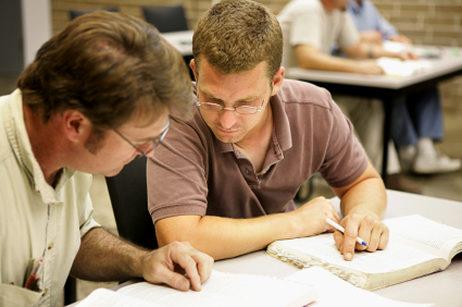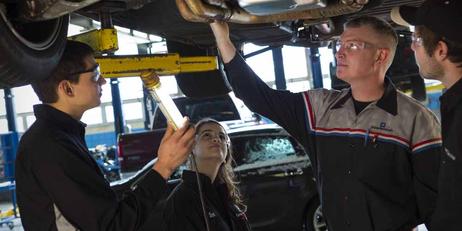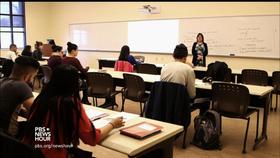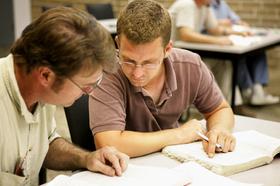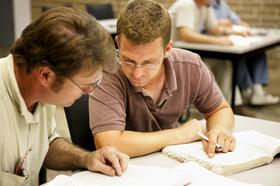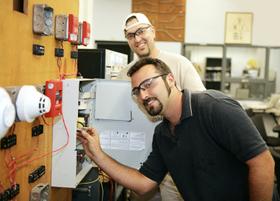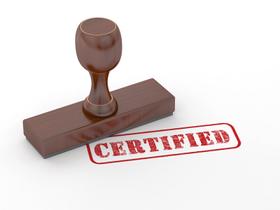Looking for a way to get a college education at little or no cost? So is the current administration. Last year, President Obama created a plan for community colleges that included a $500 million budget to create free online courses that could be tailored to the specific needs of students. According to Inside Higher Ed, the proposal was part of a larger plan to beef up community college services and access, preparing more Americans for practical job opportunities in the current workforce.
Free online community college courses can be a great option for a wide range of people, including:
High school students looking to get a head start on their college education or earn college credits while still in high school.
College students who want to supplement their coursework or fulfill general education requirements.
Working professionals who want to learn new skills or update their knowledge in their field.
Individuals who are interested in exploring new subjects or hobbies.
Adults who did not complete a college degree and are looking to improve their job prospects or pursue a new career.
People who may not have the time or resources to attend traditional college classes.
Individuals who live in areas without easy access to a community college or who have mobility or transportation issues.
Overall, free online community college courses can be a great resource for anyone looking to continue their education and improve their skills and knowledge.
Source: ChatGPT
Plan Specifics
In addition to helping high schools develop a low-cost curriculum, the original proposal




